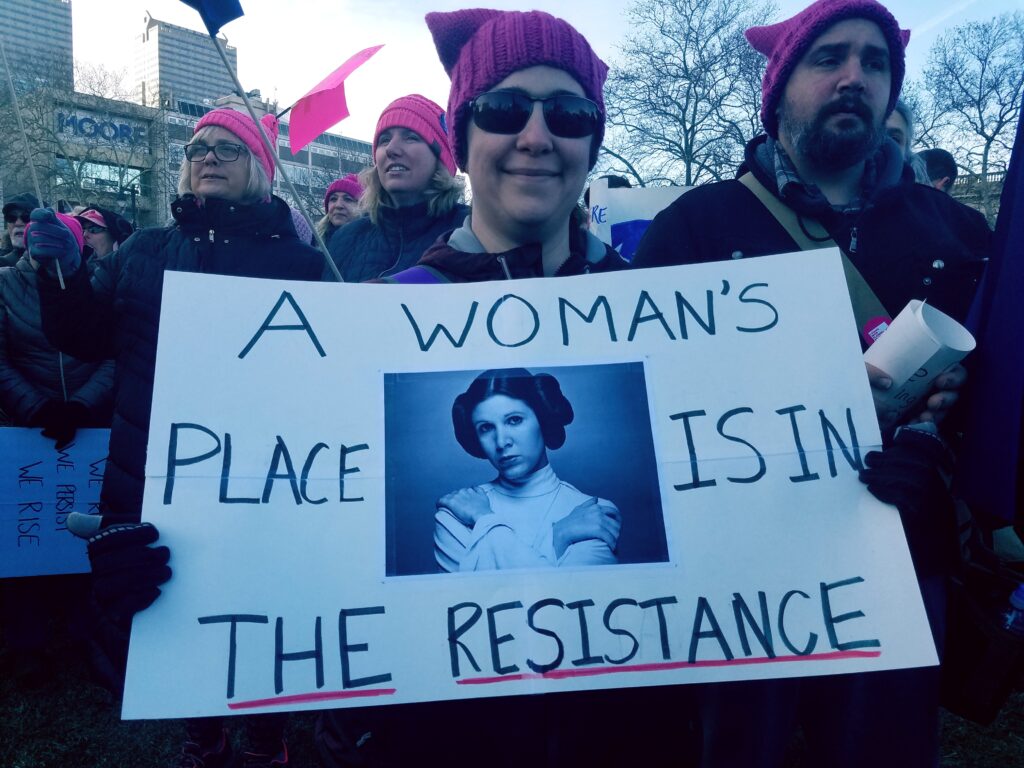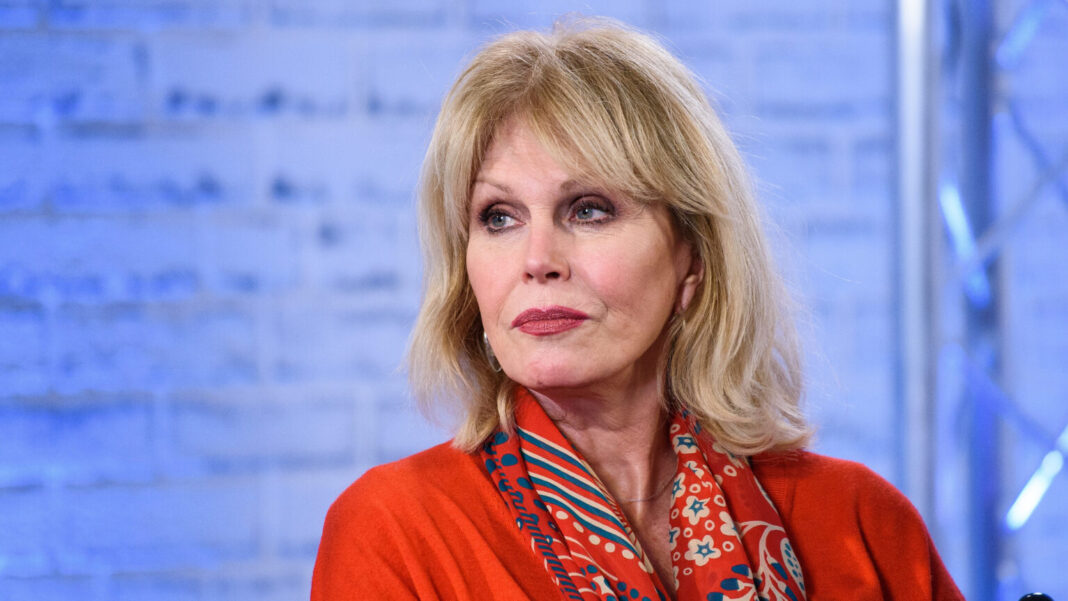The #MeToo movement took off on Twitter in 2017, drawing attention to a paramount societal problem and sparking further interest in a conversation that needed to happen: empowering and helping victims of sexual assault to feel comfortable sharing their experiences.
An article on Vox.com found the majority of people support the Me Too movement and many feel it represents their interests.
Within the article, Vox’s poll shows 71% of women under 35 and 68% of women over 35 support the movement generally, however, there are still a significant number of women who oppose it, particularly within the over 35 age group which sees 14% of women opposed to the movement.
Online, negative views regarding the Me Too movement are rarely posted and often receive significant backlash when they are, so they are not widely noted. However, this changed when actress Joanna Lumley spoke to Prospect magazine and shared her thoughts on the movement and the lives of women.
 On 8th December, Joanna Lumley told Prospect magazine women had become less ‘tough’ in recent years, and that now, “the new fashion is to be a victim.” Speaking to the magazine, Lumley said: “If someone whistled at you in the street, it didn’t matter. If someone was groping, we slapped their hands.”
On 8th December, Joanna Lumley told Prospect magazine women had become less ‘tough’ in recent years, and that now, “the new fashion is to be a victim.” Speaking to the magazine, Lumley said: “If someone whistled at you in the street, it didn’t matter. If someone was groping, we slapped their hands.”
While this is not an opinion widely shared by young people, it is not entirely unsurprising that someone of Lumley’s age and experiences would look negatively upon a movement battling the casualisation of sexual assault.
Joanna Lumley was born in 1946. She began her career in modelling with the desire of becoming an actress. Coming from industries heavily linked to the sexualisation of women, it is likely she faced some level of sexual harassment throughout her early career. It is possible that she feels she was able to put up with it, so others are able to as well.
I would argue that sexual harassment was so normalised as a part of the female experience when she was younger, that the fight to change it now may seem unnecessary, or even unviable, to her. She said herself, of beauty inequalities in the film industry: “It’s always been unfair. And guess what: It’s always going to be unfair.”
Lumley spoke out in a 2021 article in the Telegraph, which includes the quote above, about the way actresses, were treated in the 1970s. She spoke about the need to be attractive and how women were expected to remove their clothing on camera.
She told the Telegraph: “It was absolutely mandatory, and if you didn’t want to do it, they’d go, ‘are you an actress or not?’ … everybody had to strip their tops off. That was completely par for the course.”
The normalisation of being objectified and used for her body appears to have given Lumley the impression this is how it is supposed to be. Women shouldn’t speak out because accepting circumstances as they were was “par for the course”.
I can understand how this would be difficult as women are advocating for each other and a safer world now in a way she did not experience herself when she needed it. Yet, in my opinion, this is not an excuse for Lumley to not want better for women today.
Wanting a safer environment for women to work and exist should not be considered playing the victim. Being groped or catcalled shouldn’t be brushed off and ignored, and it is dangerous to suggest it should be. This view is especially damaging coming from someone as high profile and respected as Joanna Lumley.
Lumley does not seem to consider herself a role model, at least she would not say she did as she avoided the question in her interview with Prospect, but this doesn’t stop people from looking up to her.
In 2013, BBC Radio 4 named the actress as one of the 100 most powerful women in the UK and in the same year, even before the rise of the #MeToo movement, she spoke to the Telegraph about how women should stop acting ‘laddish’. She said, “don’t be sick in the gutter at midnight in a silly dress with no money to get a taxi home, because somebody will take advantage of you, either they’ll rape you, or they’ll knock you on the head or they’ll rob you.”
Whether she likes it or not, women do look up to her as a role model. While she may not be as much of a household name now, she was once and was still spouting rape-apologist rhetoric for young, impressionable girls to read in her newspaper interviews.
The implication that it is the personal fault of an individual to be a victim, and that speaking out against sexual abuse and harassment reflects poorly on them instead of the attacker, is dangerous. It tells young men and women who have gone through a possibly traumatic experience that they are the problem.
It is time celebrities, regardless of their age or experience, start thinking about the consequences of their words before they speak. Words can be dangerous, and people like Joanna Lumley must do better.





